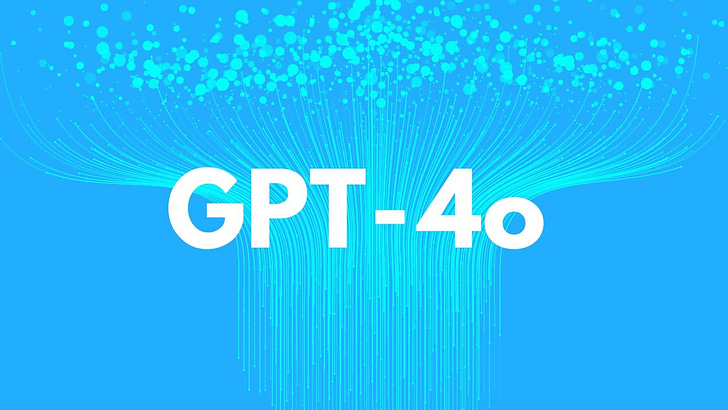'Her' is here (GPT-4o), Google Astra, a very affordable AI robot, & more!
Welcome to the AI Search newsletter. Here are the top updates in AI this week.
“Her” is here - GPT-4o from OpenAI
OpenAI unveiled its new flagship model, GPT-4o, on Monday. This model marks a significant advancement towards more natural human-computer interaction as it can take any combination of text, audio, image, and video as input and generate any combination of text, audio, and image outputs. It can respond to audio inputs in as little as 232 milliseconds, which is comparable to human response time in a conversation. GPT-4o surpasses GPT-4 Turbo in terms of speed and cost, being much faster and 50% cheaper in the API. It also demonstrates a significant improvement in vision and audio understanding compared to existing models.
Google I/O - Huge AI updates
Google’s I/O 2024 event was held on Tuesday. The event highlighted groundbreaking AI advancements, with the integration of the Gemini model across various Google products and services. Significant enhancements were made to Google Search, Google Photos, and Google Workspace, and new AI capabilities were introduced in Google Pixel phones. The event also unveiled Project Astra AI, a future vision for AI that can respond to sight, sounds, voice, and text combined. Furthermore, Google introduced Imagen 3 for image generation and VEO for video generation. Check out the full explainer video below:
LLMs are easy to trick into giving harmful information
Researchers at AWS have discovered that LLMs, such as ChatGPT, can be manipulated into providing dangerous or unethical information. They found that LLMs could be jailbroken using audio cues to bypass restrictions put in place by the makers of the models. The researchers suggest that adding randomized noise to audio input could help prevent users from circumventing the protection schemes of LLMs. In their study, they describe how simple affirmations followed by repeating a query could put the model in a state where restrictions were ignored.
uPix AI
uPix is an AI Selfie Generator that allows users to turn into anyone in just one click. Select from a vast array of templates, ranging from superheroes to business portraits, and even anime characters. The AI is fine-tuned to produce ultra-realistic, high-resolution photos.
Super fast humanoid robot for only $16000
The Unitree G1 is equipped with force control dexterous hands, allowing it to manipulate objects with precision. It also includes a depth camera and 3D LiDAR sensors for enhanced perception. The robot is powered by an 8-core high-performance CPU and can respond to sight, sounds, voice, and text combined. With a starting price of $16,000, the G1 is designed to be a cost-effective solution for a variety of applications
Using game theory to improve language models
MIT researchers have developed a game-based approach called the consensus game to enhance AI text generation and understanding. By treating the interaction between parts of the AI system as a game where they work together under specific rules to agree on the right message, the researchers significantly improved the AI's performance in tasks like reading comprehension, math problem-solving, and dialogue. This new approach, called equilibrium ranking, allows the AI to provide more accurate and coherent responses. The consensus game system reaches equilibrium by adjusting the interactions between the generative and discriminative components until they agree on an answer that accurately reflects reality and aligns with their initial beliefs.
Kits AI
Kits.AI is AI platform designed specifically for modern creators in the music industry. It offers a variety of powerful tools to generate, customize, and share artificial voices. Users can alter their voices using AI models of famous artists’ voices licensed from a library. Its advanced AI engine can generate melodies and harmonies, and even suggest instrumentation based on user inputs. This unique blend of AI voice generation and training tools enables musicians and producers to transform their inspiration into reality.
Chief scientist Ilya leaves OpenAI
OpenAI co-founder Ilya Sutskever, a key creator of GPT, announced his departure from the company after nearly a decade. Sutskever's decision was revealed on social media, with Jakub Pachocki taking over as chief scientist at OpenAI. The move follows a turbulent period, including Sutskever's role in dismissing CEO Sam Altman last fall and then reinstating him. The change in leadership comes as OpenAI introduces an update to its AI model capable of real-time reasoning across text, audio, and video.





